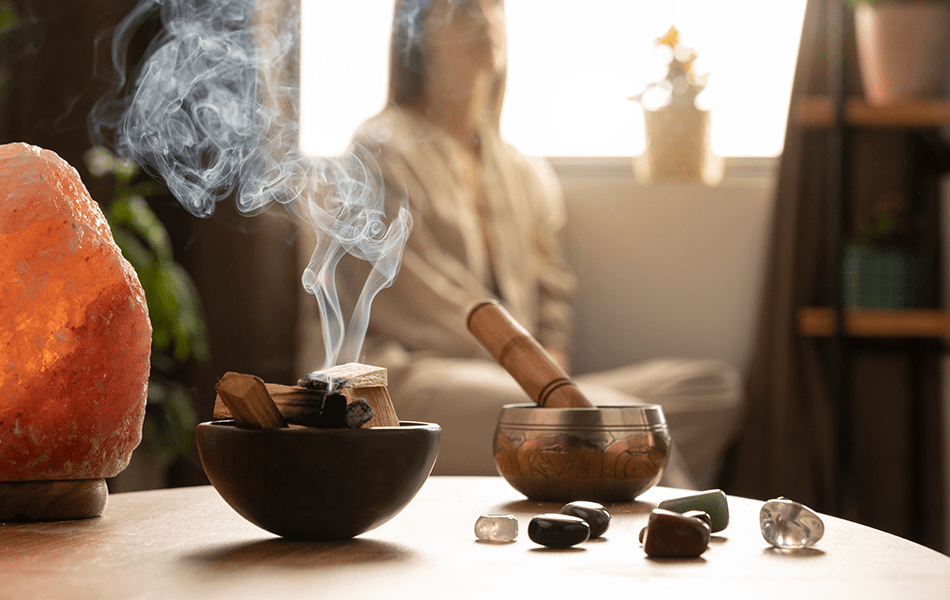Cultural practice, tradition, and norms are clearly present in every culture across the globe, but for the Philippines and for the Filipino people these common practices, traditions, and common cultural taboos are being associated with their everyday lives.
Taboo is a social or religious custom prohibiting or forbidding discussion of a particular practice or forbidding association with a particular person, place, or thing. Basically, it is something that is avoided or forbidden for religious or social reasons.
Taboos are clearly part of one’s culture and has been transcended from generation to generation that is being practiced and integrated by the lives of every Filipino because they believed that it is a way to avoid bad luck, evil spirits, and misfortune to them, to their families, to their business, job, and the likes.
There are various types of taboos of which many believe such as in your personal relationship, your job, your marriage, your business, your new home, placing of house furniture and others. However, let us focus more on discussing taboos that you should avoid in your newly acquired condominium.
Condominium taboos to avoid

In buying such properties like homes, cars, condominiums, land, and others, many property buyers are considering a lot of factors and strengths that they can gain in buying those properties that will bring a good return of investment in the long run. Real estate agent introduced to them to offer such houses and properties to look for and to visit.
These taboos to avoid in condominiums are just like taboos to avoid in your house, some of these beliefs are from your family, others are from your friends, and some are from people that you meet along the way in which your knowledge about these taboos are starting to widen. The following are the taboos you should avoid in your condominium:
Do not buy haunted properties
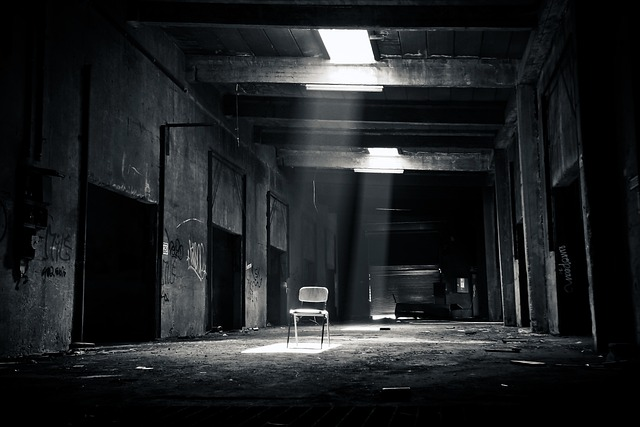
Many of us believed that buying a haunted property is a bad luck for the family as the evil spirits will intrude the good relationship of the family which will result into a continuous misfortunes and bad events. Having said that, checking all the property related issues are a pre-requisite in buying your home or condo and all these investigations is a must.
Some condominium buildings or real estate properties have a history of being haunted or many evil spirits and ghosts are present in that property that is why history checking of the building should be done in order to know if it is haunted or not. You should ask the real estate agent on when does the building or house built and ask the neighbouring homes or tenants if they have been experiencing unusual things inside of their condos.
Buying a haunted property constitutes to a negative energy, so, never buy a property vacant, or even consider buying a property that is haunted for the longest of time and just look for similar properties.
Do not sweep at night time
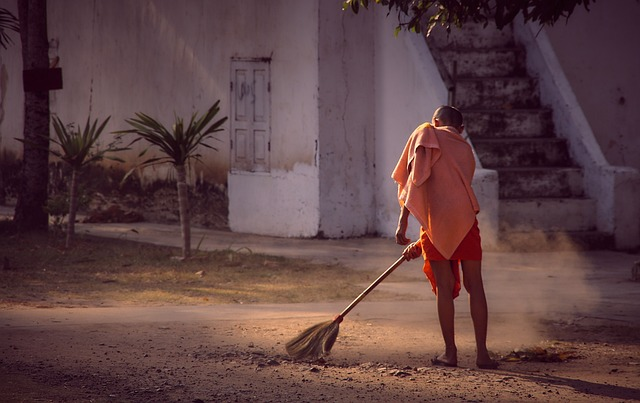
Have you ever swept at night? If yes, you might want to check this out because it is a common taboo here in the Philippines.
It is believed in Filipino culture that sweeping at night time is considered as bad luck in which fortune, wealth, and money will be swept once that you sweep at night. These common taboos are influence by the Chinese people who have influenced us with their beliefs when it comes to good and bad lucks.
Therefore, do not ever sweep at night because all of the wealth and money will also be swept inside your condo because you do not want or wish for bad luck inside your condominium, there will be nothing to lose if you follow in these common taboos and superstitions wherein if it works, then good for you.
Consult to a Feng Shui expert
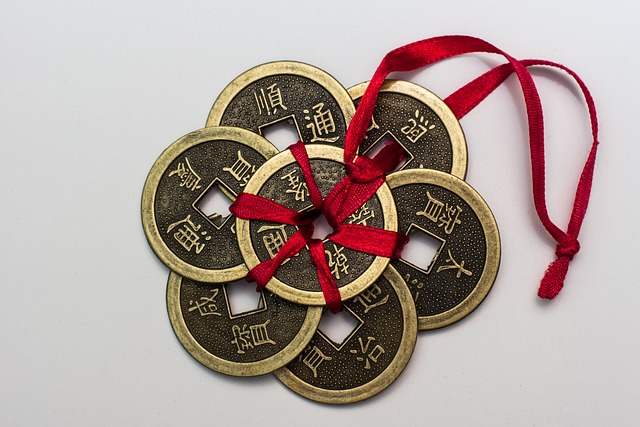
We Filipinos are influenced by our neighbouring countries in Asia, specifically the Chinese culture that is now present and part of our own culture. As Chinese people greatly believed in taboos and superstitious belief when it comes to their home, we Filipinos also now consider those things like the positioning of the home furniture, the direction, and others. So, we are now consulting to a feng shui expert to check and properly align or position the things inside the house for greater blessings and fortunes.
Property’s feng shui is now a trend and followed mostly by business people or businessmen to wipe out all the bad luck in their business properties and for the family’s health reasons. We all have our own beliefs and respective reasons why we do such things, but more importantly it is better to always be safe and secure more than anything else when it comes to our home. Physical features and properties facing are an important factors for feng shui master to look for.
The following are Feng Shui tips for your condominiums:
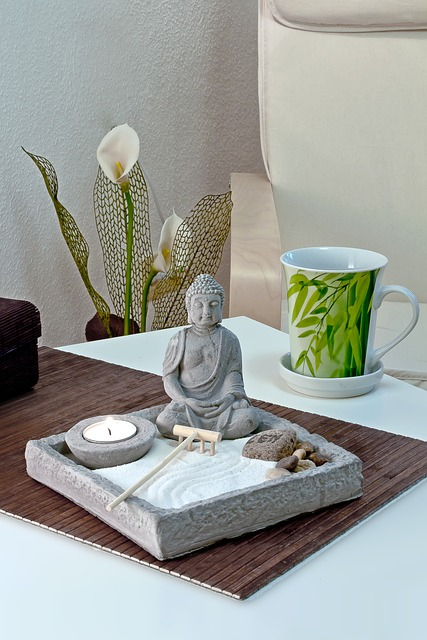
- A field, water bodies, or meandering road that looks like a stream is great to have in front of the condominium to attract good energy.
- The lifts and staircase should not look dilapidated as it may attract negative energy.
- At all times, big or small, ensure that your abode and entrance is kept clean and devoid of all clutter.
- The condominium should look well maintained. Bright hall at the entrance always attracts good energies to come and stay.
- Make sure that the condominium is in proper shape. If important corners are cut or missing it may cause issues to the lives of those who have apartments there.
Never forget to do a house blessing
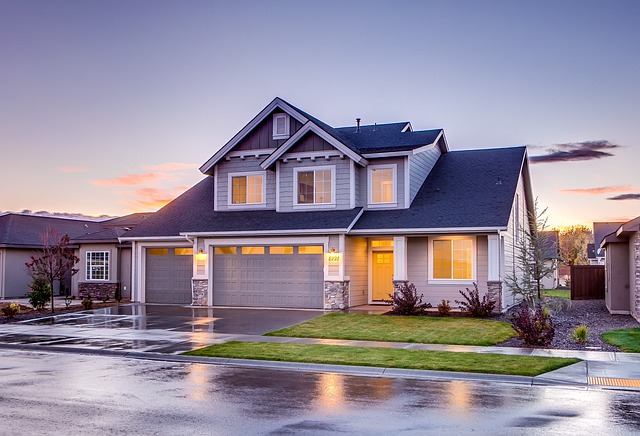
Whenever we are acquiring new property, new car, new house located condo, or new business it is always important to blessed it in order for prosperity and fortune to come to your new home and flourish it with good luck. House blessing is also a way of dealing and wiping out the evil spirit, ghosts, and bad luck.
That is why for Filipino culture, blessing your newly acquired things is a must to wish for good health, happiness, success, and abundance. As Filipinos are mostly Christian people, this tradition is automatically practice once you buy your first home or renovated it, as we all believed that it imbues love, harmony, health, happiness and prosperity. This is commonly practice all throughout all the communities in Philippines, so, don’t forget to bless your condo once that you have acquired one.
Before entering your new condo, flourish it with coins and rice

As part of the house blessing, it is also a common practice for Filipinos to flourish their home with coins or money and rice for wealth, prosperity and more blessings to come ahead of their newly acquired business, home, or condo. It is a belief for most Filipinos in doing this practice, as good things will happen once that you flourish your home with coins and rice.
Every part and every corner of your home will be outpoured by coins and rice for greater abundance. Also, it is a way for hungry ghosts to be eliminated and good luck will eventually flow inside your condo. So, always remember to flourish and pour coins with rice for residents’ wealth.
DO make friends with the staff
For condo owners, building a good relationship with the staff of your condo is a great way to start your ideal condo living lifestyle for which it is believed that making friends with the staff is also a way of taking out all the negative energy and bad spirit in your condominium. You do not want to be the antagonist in that building that you are living in, it is always good to make friends with the staff and in the entire neighbourhood.
Thus, forming a good relationship with the staff and people living inside the establishment can be an effective way for good luck and positive energy to come along your way and it will radiate in your condo once that you have a healthy relationship with the people around you.
All of the above taboos are not 100% sure and accurate that works all the time, but it is also a good thing if you believed in these taboos and superstitions in our everyday lives because there will be nothing to lose if you believed and practice these taboos. As we are not the only people who has these taboos, there are other countries who also believes in this such as the Chinese people, Indian communities, Malaysian people, western countries, and the American countries who have their own taboos when it comes to their home and condominium.

